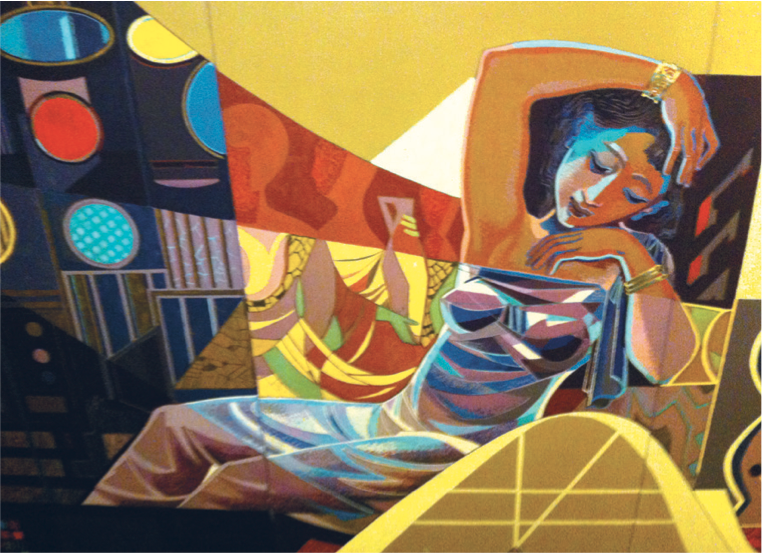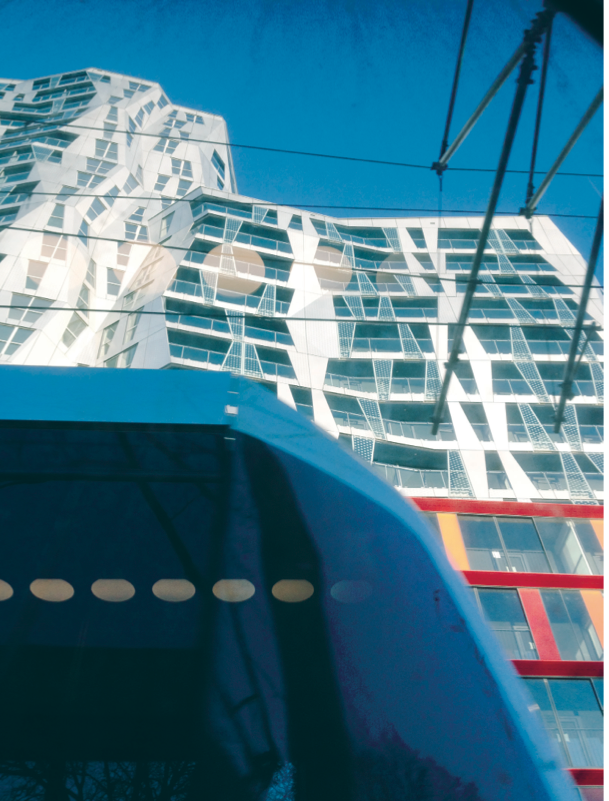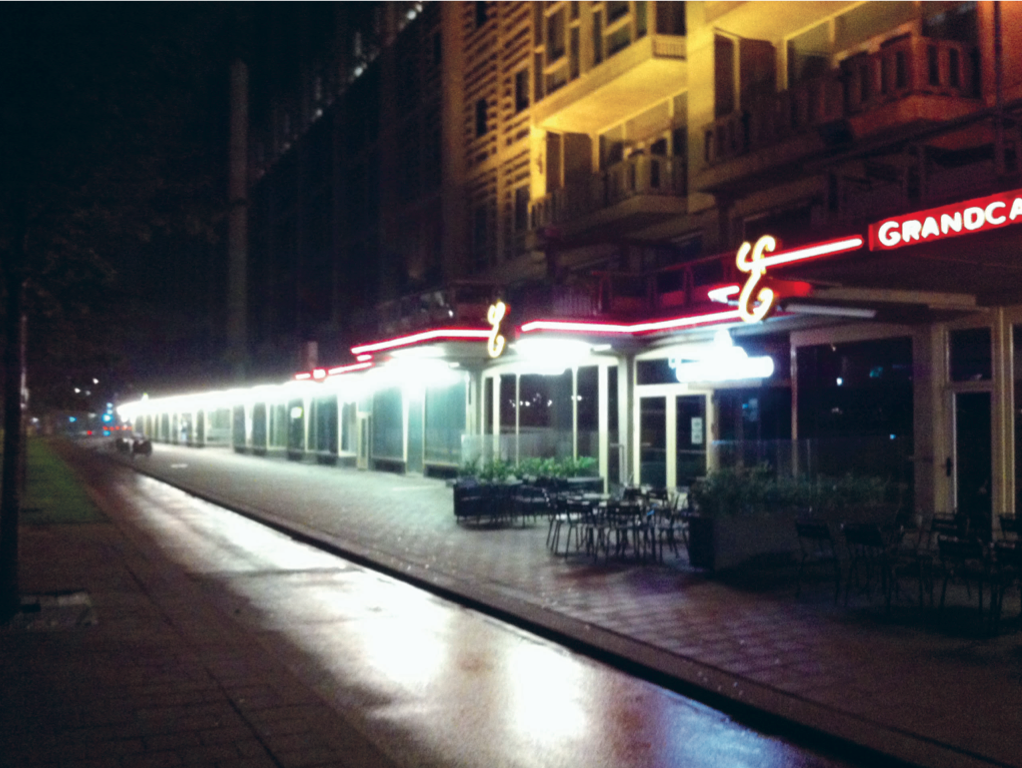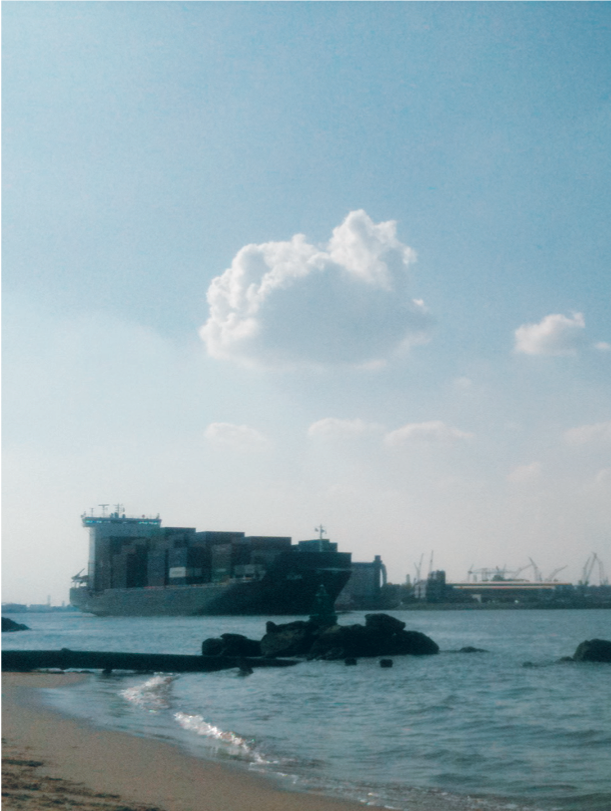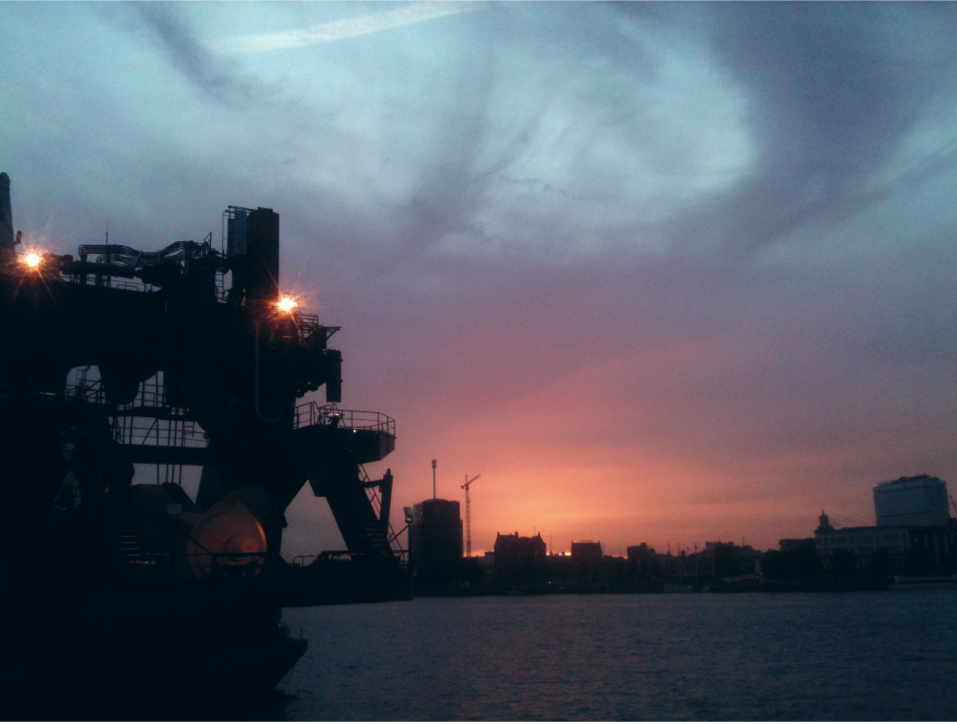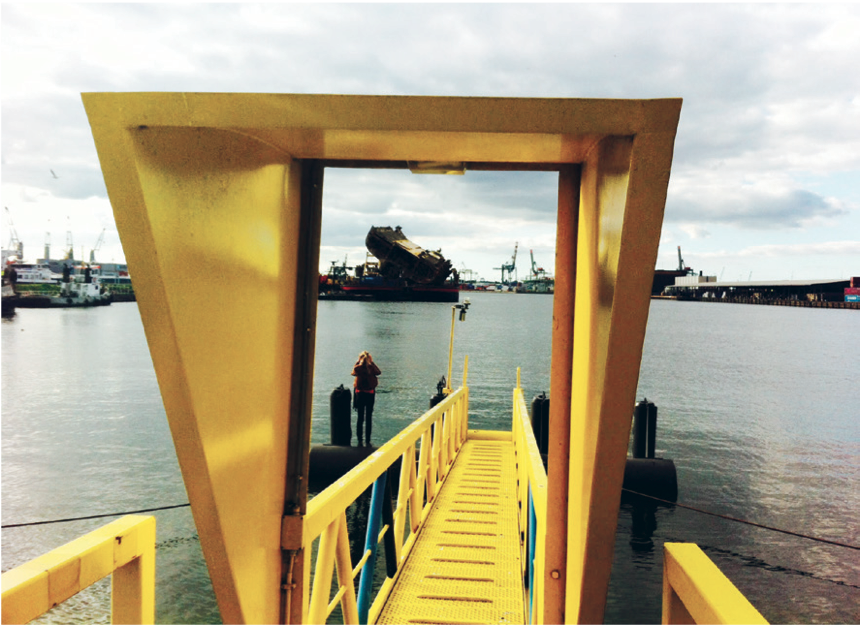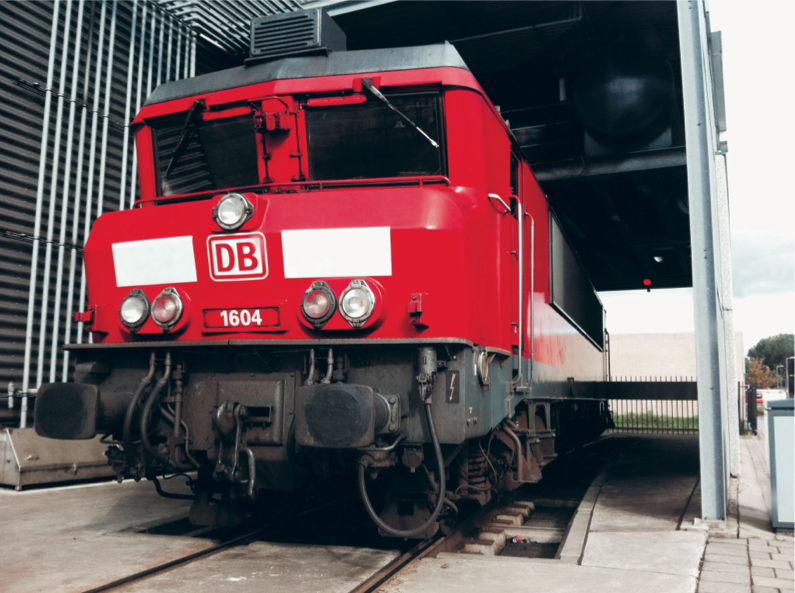Musical genres are often rooted in a specific locale—think of the sounds associated with cities like Chicago, Detroit, London, Bristol, and Berlin. In contrast, Warmenhoven’s productions as DJ Overdose and under other aliases [2] resist feeling rooted in any one spot. Warmenhoven grew up in The Hague, surrounded by the “we still kill the old way”[3] West Coast scene. Then he became notorious for showcasing the capabilities of his Miami bass collection. And now he lives in Rotterdam—a city that was the epicenter of the gabber scene.
Gabber may no longer play a big role in Rotterdam, but musically there seems to be something underway at DJ Overdose’s new home base.
“There has been a lot of stuff coming from Rotterdam in the last years and it seems it’s only getting bigger and bigger. There are small parties in a few clubs with people from labels like Bordello A Parigi, Midlight and Marsman. [4] I don’t know all of them but it seems that there are a lot of people making electronic music in Rotterdam.”
Does it even make sense today, in the age of the Internet, bedroom producers, and the “space for the homeless,” to connect a style of music with one location?
But what is/was it with gabber, the so-called “specter from the nineties” [5] that warrants only the occasional large reunion but 1,000-page forum discussions debating the best kick drum? For Warmenhoven the genre has never played a large role. At least it hasn’t been any more relevant than any other scene, rock or otherwise, even though the gabber and West Coast scenes were active at more or less the same times and shared points of contact:
“Gabber was big in The Hague, too. A few of the top gabber DJs—Dark Raver, Gizmo— were from there. Gizmo was a major figure in The Hague even before that, too. He was the resident DJ at Club Paard van Trojes’ hip-hop Sundays, which had people coming from the whole of Netherlands to listen.”
Paard von Trojes was also a starting point for Warmenhoven’s club experiences. As DJ Overdose he played at the likes of Disco2000, the Blauwe Aanslag, and in art galleries, where he organized parties with DJ Technician.
“DJ Technician and I were just doing some parties and playing here and there. When the option for a night at the Disco2000 thing came up, we would do the electro/ hip-hop nights. Others were going to do Chicago and Detroit stuff and somebody else was doing a jungle night. Also Legowelt and Orgue Electronique would play a lot and Technician and I would DJ most of the time. We all got introduced to each other there.”
Can you feel the heritage of the West Coast scene today?
“The Hague sucks when it comes to parties or even an appreciation of all the effort that goes into the West Coast thing. I think I can almost say that the West Coast Holland sound is the least known on the West Coast of Holland.”
Does it even make sense today, in the age of the Internet, bedroom producers, and the “space for the homeless,”[6; see interview with M.E.S.H] to connect a style of music with one location?
“Yes, and it always will. My best example is Miami bass, and even though I’ve never been to Miami, I know shit was going down in clubs back then. There is a local music which can be just a bit different from whatever else is happening and it can be a sound. Prince Paul said he didn’t understand the Midwest sound until he was there. It’s grooving to the region’s specific sound, which is to me supercool.”
So the bond between music and place does still exist. This raises the question of how such a connection functions, where exactly it arises, and what finally defines the sound. For now it’s up to each of us to find these answers for ourselves.
[1] Jeroen Van der Star aka DJ TLR, founder of the label Crème Organisation, was interviewed for zweikommasieben #10.
[2] Aside from the Overdose alias, Warmenhoven works under the names Model Man and Dream Disco. He’s also released music in collaboration with Novamen and Get It Boyz.
[3] Vermaat, Joep. “Family Clone.” Global Darkness, 2002. Web. 28 Aug 2015. https://www.globaldarkness.com/articles/west_coast_sound_of_holland.htm
[4] Another example from Rotterdam is the label Mord.
[5] Savenberg, 2015. Cf. zweikommasieben #11.
[6] Cf. the M.E.S.H. interview in zweikommasieben #10.
